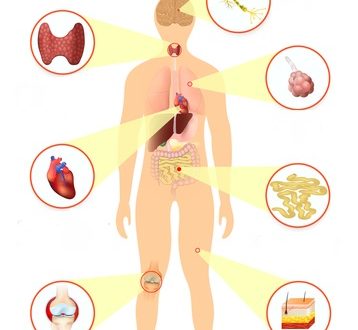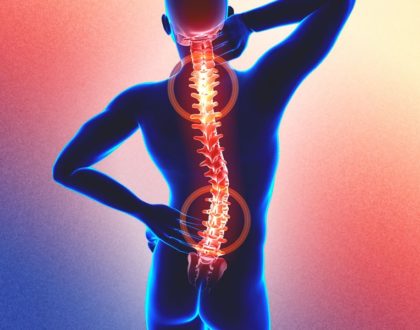Breast Cancer Risk Factors

There have been many risk factors for breast cancer that have been identified over the years. Some are modifiable and some are not. They include genetic, environmental, and lifestyle factors.
Worldwide, breast cancer is the leading cause of cancer death among women. Between the United States and Western Europe, there is a five-fold increase in the number of new cases of breast cancer compared with Africa and Asia. However, since 1990, the death rate of breast cancer has declined by 24% in the United States (as well as other countries in Western Europe). This may be due to increased use of screening mammography and of adjuvant chemotherapy..
Given the high incidence and mortality of breast cancer, defining the risk factors for breast cancer has significant clinical value. As a health care provider, I can use this information to work with patients to minimize modifiable factors, and to determine appropriate screening procedures.
Number one risk factor for breast cancer is aging. Breast cancer hardly happens before the age 25, and plateaus at around age 69.
here are all the risk factors:
advanced age
family history of breast cancer
atypical biopsy
certain genetic markers such as BRCA1 and BRCA1, TP53, and a few others
ionizing radiation before the age 30
high estrogen and testosterone levels after menopause
first pregnancy after age 35
dense breasts
DES exposure in utero (diethylstilbestrol)
Alcohol consumption
tobacco usage
age of 30-35 with first full term pregnancy
never having breast fed
some contraceptives
obesity
early menarche
late menopause
occupation working night shift
sedentary lifestyle
poor dental hygiene
high circulating markers of inflammation
Of course I want to discuss what Oriental Medicine has to say about breast health and breast cancer prevention so here we go. Oriental Medicine is a system of medicine used in the far east as the main system of health care. It originated in China and is often referred to as Traditional Chinese Medicine, or TCM.
TCM is a complex set of interventions encompassing acupuncture, herbal medicine, moxibustion, cupping, therapeutic massage, Qigong, and Tai Chi (exercise therapies that combines postures, movement, and co-ordinated breathing) as well as dietary and lifestyle advice to provide individualized whole-person care after a differential diagnosis. TCM is an energy based system with a holistic approach to the patient encompassing mind, body, and spirit. Today acupuncture is the most widely practiced modality of TCM in the western world.
A large study in Australia from last year again vindicated the ability of acupuncture and herbal medicine along with therapeutic movements, collectively referred to as TCM, to alleviate pain and other discomforts of those undergoing traditional treatments for breast cancer.
As great as TCM’s efficaciousness with breast cancer and treatment discomfort seems to be, I want to cover what it can do for those predisposed to increasing likelihood for breast cancer risk.
The theory of Traditional Chinese medicine is predicated on classical knowledge of several thousand years that has evolved over time and with clinical experience. It is a complex holistic health system that is rooted in the ancient philosophy of Daoism, which emphasizes “naturalness” and man’s position between ‘heaven’ and ‘earth’. According to ancient theory “Qi” which is our life force energy, is carried throughout the body via meridians, which are the conduits of the body energy “Qi” is responsible for physiological function: any abnormalities in the smooth flow of “Qi” causes a disharmony in the body which may result in a disruption to homeostasis and disease. TCM aims to address these imbalances to enable the body to heal itself.
Thinking along those lines, its easier to see how TCM helps with prevention.
Contact me for a consultation
Recommended Posts

Unlocking Relief: How Acupuncture Can Be Your Ally in Managing Chronic Conditions such as Pain, Anxiety, Low Energy, Insomnia, and so much more
May 12, 2025

Acupuncture for Stress and Anxiety
March 8, 2025


